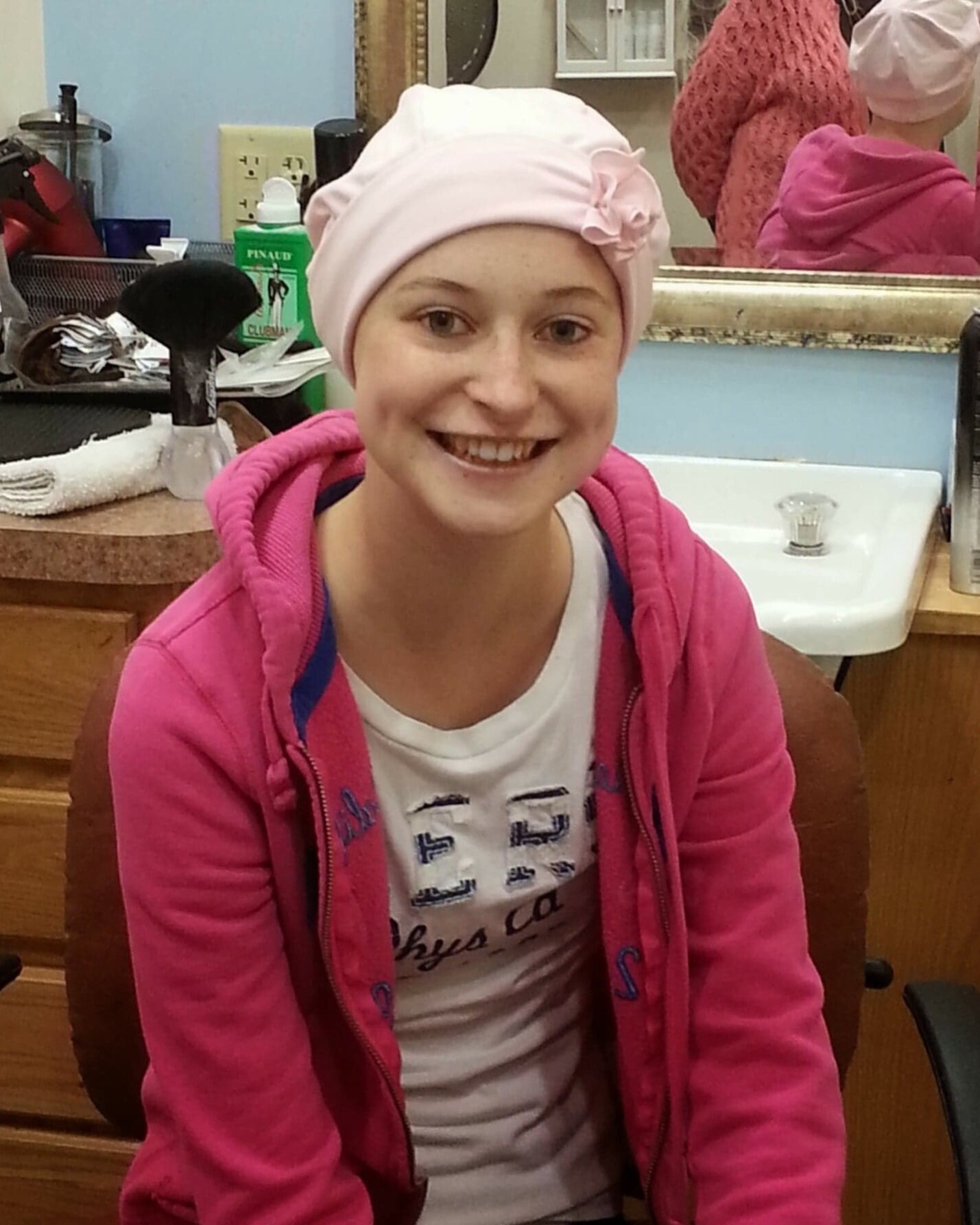Meet 2020 Scholar Abby
Our College Scholars receive a financial scholarship to help with academic expenses, and each scholar commits to completing a project of their choosing related to childhood cancer advocacy, with support and mentorship from the Children's Cancer Cause team.
Meet all seven of our 2020 scholars here, and meet program alumni here.
Abby’s Story
Abby, of Winchester, Virginia, was diagnosed with high risk T-cell ALL at age 15.
“I figured children got cancer far away in different states – not right here in my hometown. I definitely never thought it would happen to me. When I first heard the diagnosis of leukemia, I really felt as if my life was over.” Isolation from her peers made her very depressed.
After attending a week at camp with other kids fighting cancer and surviving, Abby’s outlook began to change. “As I began volunteering to speak at fundraising events and bring awareness to childhood cancer, my whole outlook on my disease changed. Instead of focusing on myself, I looked outward to see how I could help the next teenager or child hearing those words: ‘You have cancer.’ Helping others with cancer has helped me overcome my own fight with cancer.”
Abby graduated from Shenandoah University, working towards her dream of becoming a pediatric oncology nurse.
“I cannot leave the cancer world behind me and just move on,” says Abby. “I have been exposed to too much and seen things I never knew existed. I want to give back and help other children fight cancer.”
Advocacy Project
Abby remembers feeling incredibly isolated during her treatment. She recalls that it was difficult to relate to little kids with cancer or to adults with cancer. For her advocacy project, she plans to create a new online forum to bring teens with cancer together.
“If teens in treatment at the same hospital can be connected with one another, they can combat the loneliness by sharing advice and companionship,” she said.
Abby plans to also include a mentorship component, bringing in adult survivors to offer resources and support on topics ranging from re-entering school after treatment, maintaining friendships, navigating college decisions, and learning to manage late effects like physical handicaps and learning challenges.


